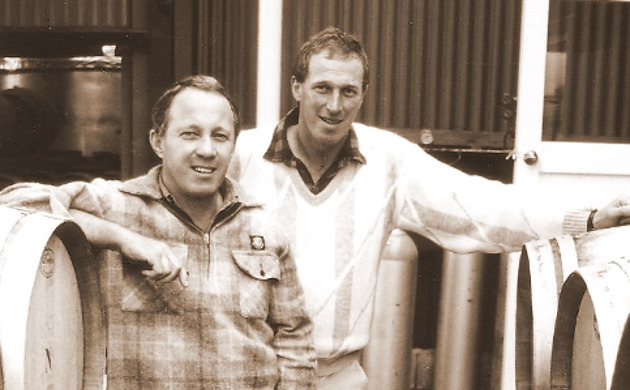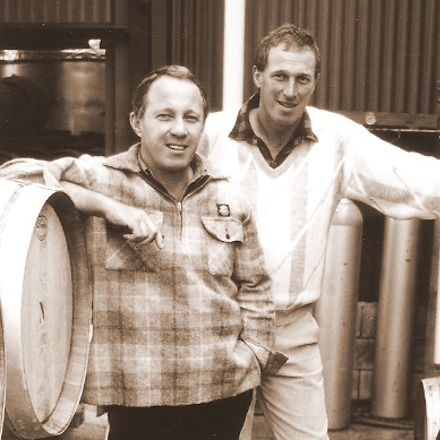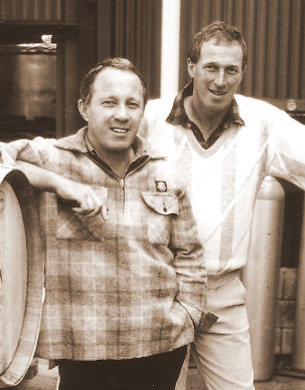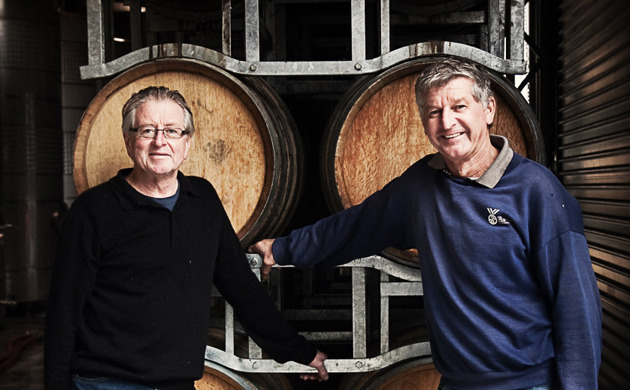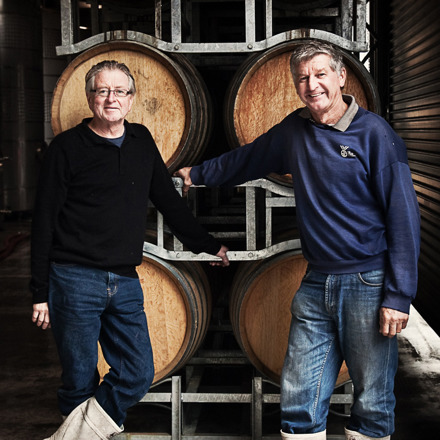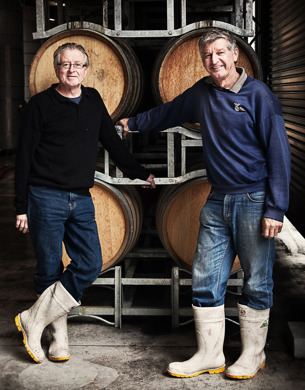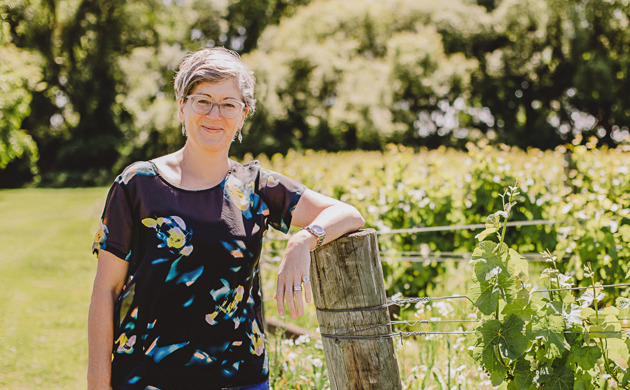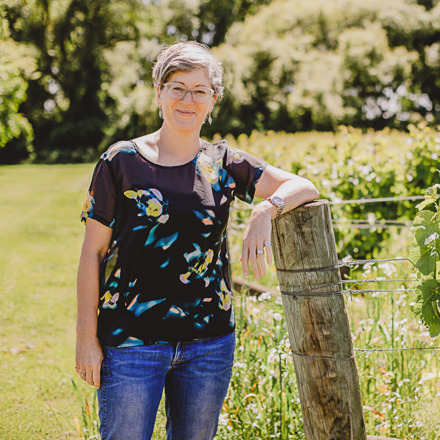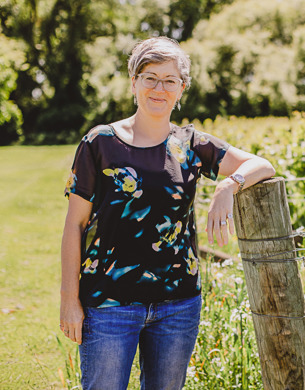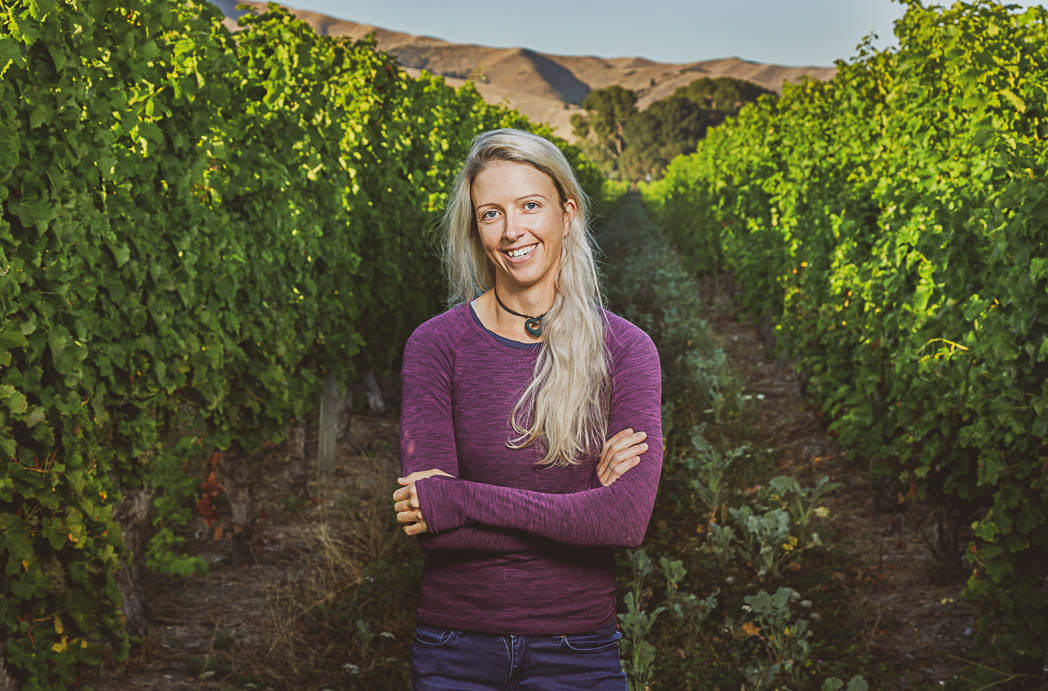
Sophie grew up in the world of wine, through her family’s wine and hospitality business. Her father, Phil Parker was a winemaker, and her parents owned and operated a small winery and cellar door in Gisborne in the late 1980s. “My childhood was spent in the winery watching and helping my parents, assisting in everything from the harvest through to the cellar door.”
Despite her family background, Sophie chose to study law “because I loved words and writing, constructing a logical argument and believed it would give me a good professional grounding.” Her passion for wine continued while studying, she started doing wine reviews and sat the Level 2 Wine and Spirits Education Trust course.
[My father's] and my mother's entrepreneurial spirit and love of wine clearly manifested in me so despite studying law I felt compelled to be part of the fascinating world that is the wine industry.
Sophie doesn’t consider that she actually left her law career behind, “as I still use it on a daily basis in the wine industry – from fruit supply contracts and distribution agreements, through to intellectual property and resource management issues.”
This year, she became the South Island and Marlborough’s first Master of Wine. “My mother half-jokingly said I should become an MW like Jancis Robinson (who was an idol of mine at the time).” That lofty goal remained in the back of her mind, and when she moved to Marlborough her now-husband Matt and co-founder of Blank Canvas Wines, actively encouraged her to follow her ambition.
Sophie has lived in Marlborough since 2011 and now is a passionate advocate for the region’s wines. Blank Canvas was a founding member of Appellation Marlborough Wine, a quality-driven organisation started in 2018 to protect the reputation of Marlborough wine, initially focused on Sauvignon Blanc, to provide assurance to consumers who seek wines of provenance.
The criteria an AWM certified wine must adhere to include, the wine must be made from 100% Marlborough grapes, grown in Sustainable Winegrowing NZ certified Marlborough vineyards, and bottled in New Zealand. Wines are made from grapes cropped at or below set parameters, established according to soil type and vine density variability.
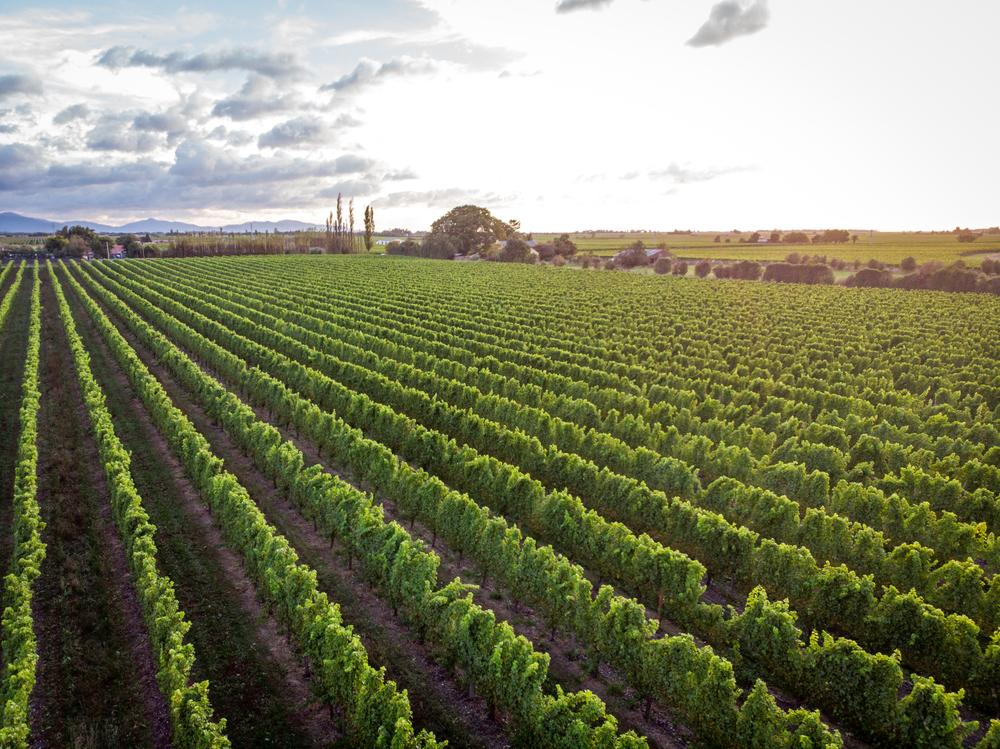
Sophie and Matt genuinely believe in the importance of a body of quality-driven producers banding together to champion Marlborough Sauvignon Blanc as a premium, world-class product, and think the organisation has an exciting and essential role to play in reinforcing this message.
“Concurrent with Marlborough’s incredible success has been an unfortunate influx of damaging opportunistic trading that has threatened the image and reputation of Marlborough Sauvignon Blanc,” says Sophie.
She thinks that the group could potentially do more to safeguard the reputation of Marlborough Sauvignon Blanc, referencing her legal knowledge.
“We’ve (Matt and I) also thought that the quality parameters the AMW right now has potentially don’t go far enough and need to be combined with legislative action to definitively protect the Marlborough Sauvignon Blanc brand name.”
Sophie believes we need to do more to combat the misconception that all Marlborough Sauvignon Blanc is the same. “There’s a huge opportunity for educational and reference tools to better tell this story of detail and provenance.”
She thinks we need to provide more detail for consumers and trade about the differences of Marlborough Sauvignon Blanc when it comes to subregional and single vineyard variation.
“Maintaining consistency of style at the classic level is incredibly important because consumers purchasing at this moderate price-point want this guarantee – but different subregions and [Single Vineyard] expressions provide nuances of expressions within that classic style.”
There are lots of producers exploring alternative styles of Sauvignon Blanc, using techniques such as barrel fermentation, wild fermentation, and ageing on lees. Sophie believes styles add another dimension to our Sauvignon Blanc story and represent the evolution of Marlborough as a region. She sees the classic style always being dominant and most successful because of accessibility, price point and quality, however the alternative styles category has a role to play too.
“The alternative styles are important because they offer another tier to the classic style, offering savoury/textural complexity due to winemaking practices and they tend to have great cellar-ability. This helps to elevate the Marlborough Sauvignon Blanc quality story and has the potential to capture the attention of fine wine drinkers and collectors.”
Looking forward, Sophie believes there are plenty of opportunities for the New Zealand wine industry, but there are also supply and demand challenges after the 2021 vintage. “Ensuring that the trading of commodity priced Marlborough Sauvignon Blanc is reduced in favour of more premium, branded product should be a key aim for the NZ industry.”
“There are huge opportunities at the moment to restore a balance and our positioning to where it should have been and where it was prior to 2007, after a period of availability which bred opportunistic trading following the 2008 surplus.”
She thinks New Zealand wine regions outside of Marlborough could reflect on Sauvignon’s success, which she attributes to quality, consistency of style and a moderate price point, and apply this to their own varieties and subregions. Consistency in more accessible wines may help develop a regional identity, however, at more expensive price points, she believes “stylistic diversity is to be expected and encouraged.”




